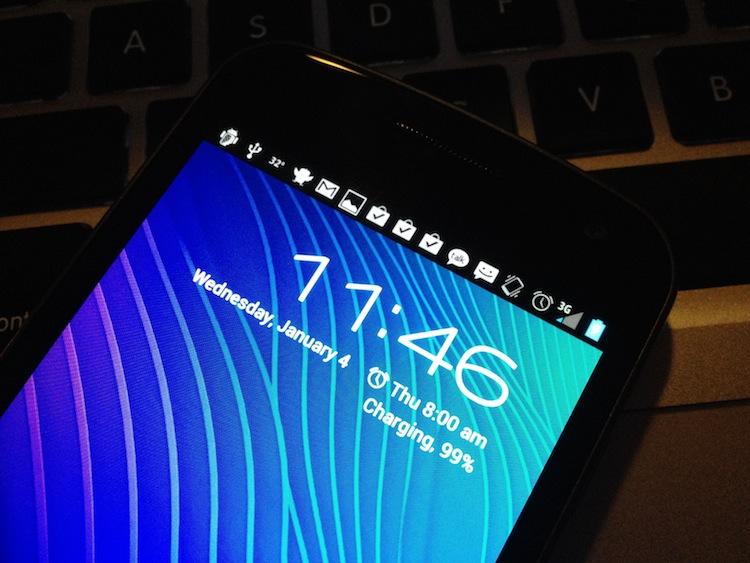
About 18 months ago, my sleep patterns were sporadic, unpredictable and likely very unhealthy.
I would wake up around 9:00 AM each day and would work away countless hours staring into the bright display of my laptop. When I finally decided to call it a day, it was usually approaching midnight. I would make my way down to the community gym to ride the stationary bike for a half hour or so and head back up to my apartment where I would play with tablets, hack phones or spend several hours playing online video games with friends and colleagues. Generally, it wasn't until about 4:00 (or sometimes 6:00 AM) that I would get sleepy.
I could lay down and try to sleep, but any effort before 4:00 AM was futile. I would toss and turn until about the same time each night. Then I would sleep as long as possible, waking up just in time to meet my first deadline of the day.
I wasn't surprised to find a fairly logical explanation to my so-called insomnia, nor was I surprised to find that it was related to my work and hobbies. Back in March of last year, I stumbled upon the answer during work and wrote about my account.
The culprit? The bright displays of all my devices.
A study performed by the National Sleep Foundation discovered that the use of devices with backlit displays at a very critical time can cause problems in users' sleep routines. Charles Czeisler, PhD and MD of Harvard Medical School and Brigham and Women's Hospital, explains exactly what happens inside your brain when you stare into the bright display of your smartphone or tablet after sundown:
“Artificial light exposure between dusk and the time we go to bed at night suppresses release of the sleep-promoting hormone melatonin, enhances alertness and shifts circadian rhythms to a later hour—making it more difficult to fall asleep.”
Here we are nearly 18 months later and we're hearing results in a similar study performed by the Lighting Research Center at Rensselaer Polytechnic Institute. Led by Mariana Figueiro, director of the LRC’s Light and Health Program, the group discovered that a two-hour exposure to light can inhibit melatonin secretion by up to 22 percent reports Mashable.
Both Figueiro and Czeisler agree that actively using devices near bedtime can drastically affect and shift your circadian rhythm, making it feel like one is never getting enough sleep. Czeisler says:
"Invasion of such alerting technologies into the bedroom may contribute to the high proportion of respondents who reported that they routinely get less sleep than they need.”
To avoid technology-related sleep troubles, there is a long list of tips you can follow, which include: subjecting yourself to very bright light early in the day and avoiding it towards night time, sticking to a strict routine of waking up and going to sleep at the same time each day and dimming the display on your devices at or after dusk.
After learning of the damaging effects technology can have on your sleep schedule and, respectively, your quality of life (trust me, after months of little to no sleep, you start hating everyone and everything), I made it a point to turn things around and stick to a more normal routine. I cut back on use of my devices after 8:00 PM, I began lowering the brightness of all the gadgets I used after dinner and I quit using devices in the bedroom at night.
Don't get me wrong, I still check my phones for emails, Twitter, Facebook and other things towards bed time. And sometimes I'll let a little use in the bedroom slide. But I no longer lay in bed for hours tweeting, texting and browsing the Web at night from my smartphones or tablets. Any major use is left at the door. For phones and tablets, the bedroom is for recharging only.
I can't say I sleep soundly every night either. My mother is convinced I have sleep apnea – which causes me to quit breathing periodically during the night. But I am proud to say technology affects my sleep less and less each day. A disconnect each night certainly helps.
Tell me, readers. Do you feel your devices affect your sleep patterns? Are gadgets keeping you up at night? Or, like me, do you leave your technology use at the door and focus on peaceful sleep in the bedroom?